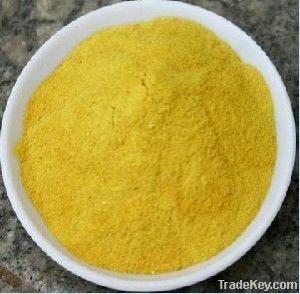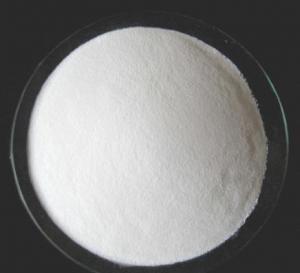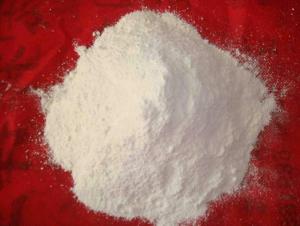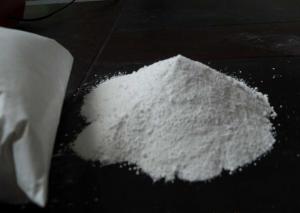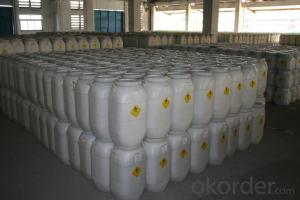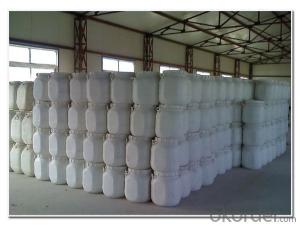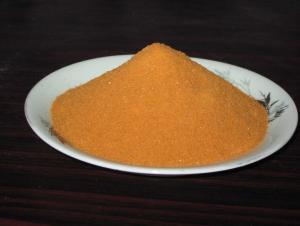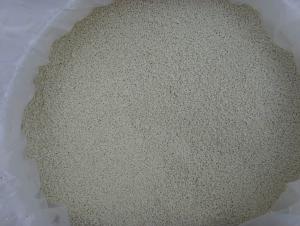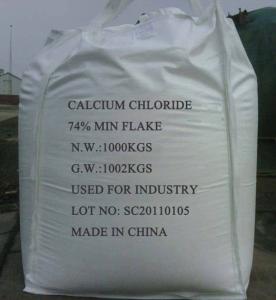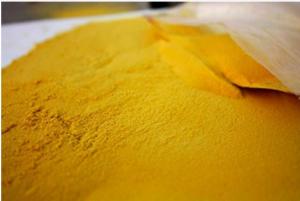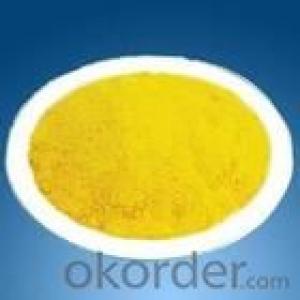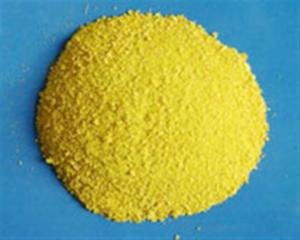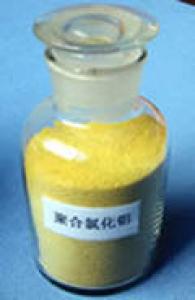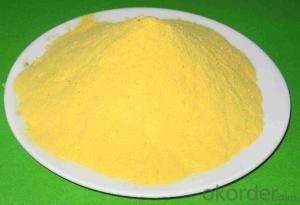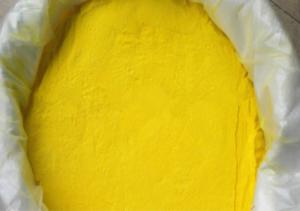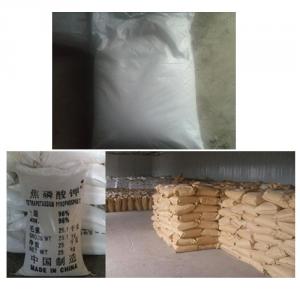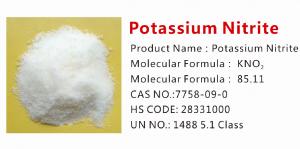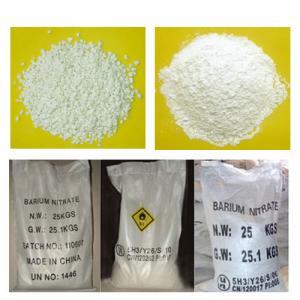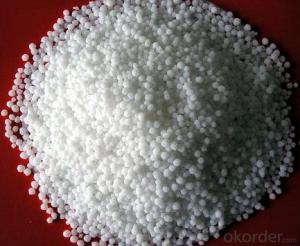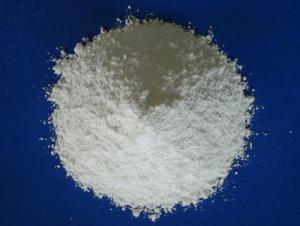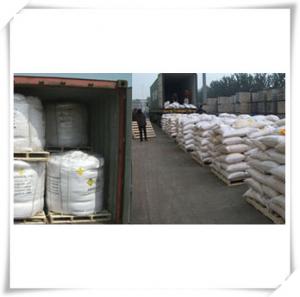Water treatment chemicals PAC with lowest price
- Loading Port:
- Tianjin
- Payment Terms:
- TT OR LC
- Min Order Qty:
- -
- Supply Capability:
- 6000 m.t./month
OKorder Service Pledge
OKorder Financial Service
You Might Also Like
Polyaluminium chloride PAC 30%min
1. Features of polyaluminium chloride
a. highest grade raw materials
b. light yellow powder
c. Low heavy metal
d. High AL2O3, 30% min
2. Specification of polyaluminium chloride
Industrial water grade:
Properties: sandy beige fine powder use spray drying technology.
Usages: The product is widely used for industrial water and wastewater treatment, such as those containing radioactive substances, lead (Pb + +) chromium (Cr + + +) highly toxic heavy metals and fluoride (F) sewage. In addition, also use in precision casting, paper, leather, etc.
Item | Specification guaranteed |
AL2O3 % Min | 30 |
Basicity 8% | 50-90 |
Max. water insoluble % | 0.05 |
PH value(1% content in water) | 3.5-5.0 |
Drinkable water treatment:
Properties: Lemon yellow fine powder use spray drying technology.
Usages:The product is widely used for drinking water treatment, also use in precision casting, paper, leather, etc.
Item | Specification guaranteed |
AL2O3 % Min | 30 |
Basicity % | 70-85 |
Max. water insoluble % | 0.1 |
PH value | 3.5-5.0 |
Fe, %, ≤ | 0.2 |
As, %, ≤ | 0.0002 |
Mn, %, ≤ | 0.0075 |
Cr 6+ %, ≤ | 0.0005 |
Hg %, ≤ | 0.00001 |
Pb %, ≤ | 0.001 |
Cd %, ≤ | 0.0002 |
Milk white PAC
Properties: White fine powder use spray drying technology.
Usages: Mainly used for portable water, urban sewage purification; in food processing industry, it's mainly used as sugar decolorization clarifying agent; as sizing auxiliary in paper mills; For cloth anti-creasing
Item | Specification guaranteed |
AL2O3 % Min | 30 |
Basicity % | 40-60 |
Max. water insoluble % | 0.01 |
PH value | 3.5-5.0 |
Fe, %, ≤ | 0.2 |
As, %, ≤ | 0.0002 |
Mn, %, ≤ | 0.0075 |
Cr 6+ %, ≤ | 0.0005 |
Hg %, ≤ | 0.00001 |
Pb %, ≤ | 0.001 |
Cd %, ≤ | 0.0002 |
3. Packing of polyaluminium chloride
20kg / 25kg / 900kg / 1000kg Plastic Bag
- Q: People do not eat salt tears with no inorganic salt
- I suddenly think of a science program that found a place a strange person, never drink water, then a variety of surprises. Finally, the scientist came out to explain that he can get the daily water needed from the food.
- Q: What are the important physiological effects of inorganic salts in cells
- Maintain the normal life of the organism
- Q: What are minerals and trace elements?
- Minerals Trace elements are inorganic salts, which are widely found in nature - soil, sea water, animals, plants. It is to maintain the normal life of the human body indispensable. They are both the body of the composition, but also the activities of life participants and regulators, and therefore known as the elements of life, and they are the body can not synthesize their own nutrients.
- Q: Inorganic salt function
- Although inorganic salts in the cell content is relatively small, but there are many important role.
- Q: I tried sodium and potassium carbonate and had little luck. Anyone know where to find the solubility data of inorganic salt in DMF?Thanks.
- Sodium and potassium carbonate WILL dissolve in DMF. The best way to dissolve them is to... a) dry the solid inorganic salt in an oven (> 100 degrees C) overnight. b) pulverize the powder and grind several minutes with mortal and pestle. c) sonicate the mixture for several minutes...
- Q: Eat what food can add inorganic salt
- Most of the food contains inorganic salts, the so-called inorganic salts, also known as minerals or ash. Minerals are naturally occurring compounds or natural elements in the crust. There are about 50 kinds of minerals in the human body, although they in the human body only 4% of body weight, but it is an essential part of the organism. According to their content in the body how much can be divided into constant elements and trace elements two categories. The body is actually composed of various elements (macro and trace). Many of these mineral elements are essential components of the enzyme, which can regulate a variety of physiological functions (such as maintaining osmotic pressure, oxygen transport, muscle contraction, nervous system integrity), but also tissue and bone growth and maintenance necessary. Some (such as calcium, phosphorus, sodium, magnesium, sulfur, chloride) content is large, while others are only trace. Human essential trace elements are cobalt (such as vitamin B12), copper, fluorine, iodine, iron, zinc, chromium, selenium, manganese, molybdenum In terms of its impact on experimental animals, nickel, tin and arsenic should also be considered necessary. Most minerals (except zinc) are widely distributed in a variety of foods and can be fully supplemented by balanced and diversified diets. However, there is a need for additional supplements to patients who have been relying on intravenous nutrition for long periods of time, infants and older persons, or because of the lack of regionalities caused by soil and water quality.
- Q: A. oxygen demanding wastesB. organic plant nutrientsC. inorganic plant nutrientsD. water soluble inorganic chemicalsE. sediment
- Acids, D. water soluble inorganic chemicals salts, D. water soluble inorganic chemicals metals E. sediment
- Q: Calcium is not an inorganic salt
- Calcium salt is determined whether it is inorganic salt depends on its acid, if it is organic acid synthesis of calcium salt is organic salt, if it is inorganic acid synthesis of calcium salt is inorganic salt. The main basis for determining the inorganic salts is whether or not organic reactants are involved in the formation process.
- Q: Inorganic salt is not salty
- NaOH (sodium hydroxide) dilute: basically with the thick Na2CO3 (I tasted, salty), more spicy (strong resistance to protein corrosive). Concentrated: very spicy in the mouth ( May have been a reaction) and then burned the tongue, was **, meat rot, 1 month can not speak, mouth pain and tongue numbness has a sense of spicy six months after discharge, speech becomes not allowed, the taste almost disappeared, The mouth left a scar (this thing on the protein reaction is not a joke ... ...).
- Q: Does the apple contain inorganic salts and vitamins?
- Yes, the fruit is rich in these two nutrients, especially apples
Send your message to us
Water treatment chemicals PAC with lowest price
- Loading Port:
- Tianjin
- Payment Terms:
- TT OR LC
- Min Order Qty:
- -
- Supply Capability:
- 6000 m.t./month
OKorder Service Pledge
OKorder Financial Service
Similar products
Hot products
Hot Searches
Related keywords
